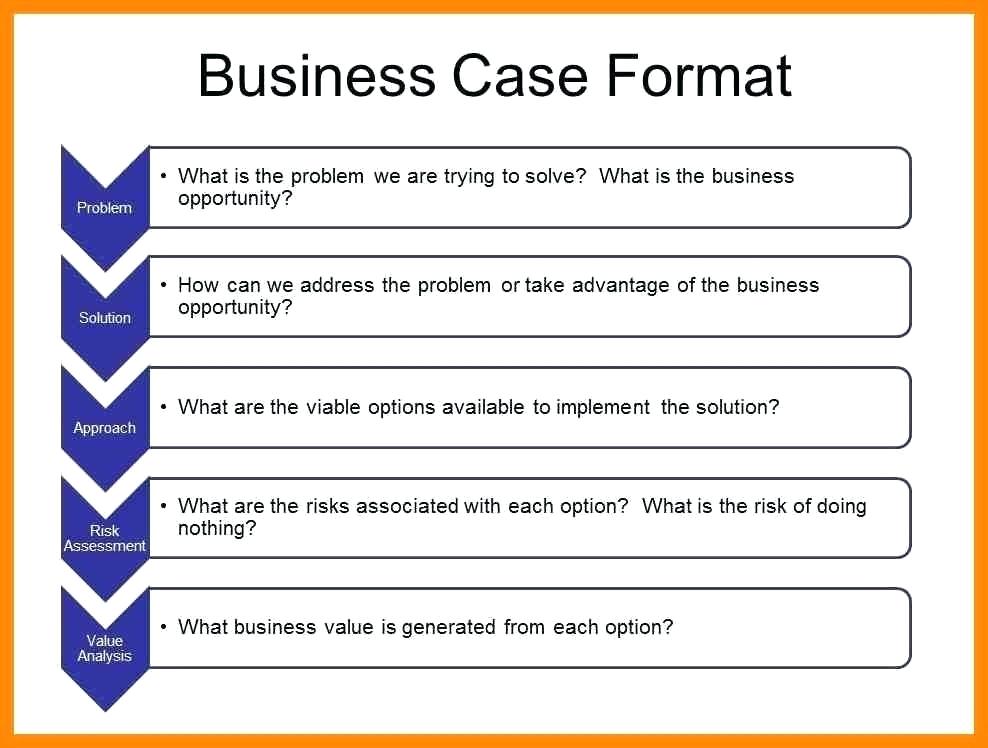Business Management Case Study Example
A business case study or business management case study is a well-structured written document that summarizes real-life business scenarios or fictitious accounts of a business situation. Business case studies are usually produced for teaching and learning purposes. We use business management case study to prepare its future managers; to emphasize the fact that learning before doing is much more beneficial to all startups and potential entrepreneurs.
This business management case study is designed for corporate students and practical managers; and it’s suitable for small business management in Nigeria, Africa and other emerging markets. Going into a business involves risk. And one of the most important and often overlooked decisions to make at first is how to protect yourself and the future of your business; or better minimize certain risks.
When starting a business for instance, you have many decisions to make, based on:
- What to produce
- Where to locate your business
- The best legal structure
- Who to hire
- How to get your customers
- How to raise money for the business and
- Where to start marketing your products.
In life, teaching and learning precedes practice. So as a startup entrepreneur or manager, you need to learn while providing answers to these questions and therefore acquiring new skills. “Experience” they say is “the best teacher” though. But some experiences do end in pitfalls. There is need to exhibit some level of control based on your knowledge of the industry.
“Uncertainty can’t be good for business” said Bill Gates, the owner and founder of Microsoft. In the large extent, the best ownership structure for your kind of business will depend on the type of services or products you choose to provide or produce. Such is the business management case study of a startup entrepreneur name Mike Adekunle.
A Business Management Case Study Example with Solution
THE MIKE’S STORY
Mike Adekunle was a young Nigerian businessman who received a sizeable inheritance from his late father, and has decided to start a taxicab company in the popular city of Lagos, Nigeria. As a new business, Mike recorded a sizable amount of income, even though the competition was fierce. After a couple of years Mike business has grown up to seven taxis in his fleet and the money was rolling in.
Then one day: one of his drivers calls him from the road – that he was involved in an accident! According to his report, Mike learned that the new driver he hired was not paying attention while driving and that he seriously injured a man crossing the street. On assessing the situation, Mike fired the driver and sent his condolences to the man in the hospital. He also went so far as to offer to pay his hospital bills, yet the victim wasn’t consoled by his efforts.
Two weeks later, Mike was served with a lawsuit, because the man can never walk again according to doctors’ report. During the case, Mike hired some lawyers who concluded to settle the case out of court. Finally, the sum decided was vast, but Mike didn’t have any choice. This was so because Mike had not formed a Corporation or a Limited Liability Company.
Not only did the judgment force him to liquidate his entire business, but he also had to sell his home and give up a substantial amount of his children’s’ school fees. At the end, Mike was devastated – especially when he learned that had it been he formed a Limited Liability Company (LLC); only the business would have been lost and his home and family’s financial future would have remained intact.
He was also surprised to further learned that had he placed each vehicle under comprehensive insurance poly; even the car that hit the accident victim would have been covered; and he (Mike) would still have his business and six other cars in his fleet.
Lessons from the Business Management Case Study
Every business has its own risks which the entrepreneur or captain of industry must surmount. That something has not happened does not mean all is well in a business. If you are in business, you should save up capital for the rainy days, despite the social-political environment.
Every problem leads to new discoveries and solutions, yet this is not an example of a successful entrepreneurship. Being a successful entrepreneur needs experience, knowledge, new skill sets and the desire to make thing happen.
Solutions for the Business Management Case Study
This case indeed provides a real-world scenario that demonstrates how business structures work for different types of companies or industries. Business owners therefore have to pick the structure that best meets their investment needs. If your business will engage in risky activities — like trading stocks, transportation or roofing contracts — you’ll surely need to form a business organization that provides protection against personal liability. This will shields your personal assets from business debts and legal claims.
Normally, many businesses start out as sole operations, or partnerships. However, your initial choice of a business structure is not sited in stone! Much sole proprietorship businesses often evolve into some other form of businesses – like a partnership or limited liability company. As a company grows, the needs of the owner also changes, and/or the risks of personal liability also increase. Thus, a once sole proprietorship or partnership can be converted to a Limited Liability Company or Public Company and vice versa. This is made possible by the Nigeria company law.
For businesses that will never “go public,” forming a public company probably is not worth the added expense. Instead, the simplicity and flexibility of LLCs offers a more clear advantage.
Wrapping up: Business Management Case Study
Business management case method is therefore capable of impacting administrative skills which will help you identify and analyze management issues that are very near to the real life situations. Theses management issues which future entrepreneurs and managers are likely to encounter in their day-today lives or business careers are better prevented using near life scenarios as seen from the above business case.
Until your company is incorporated, or your sole proprietorship or partnership is registered; you should not invest any money on the name, or so. This is because the name may be changed at any time due to business changes or demand. The name of a business is only on reserve and can be changed prior to incorporation or company registration.
You can read more about business management case study in our premium business organization topics, marketing and personnel management courses. There, every aspect of company incorporation, trademarks, business contracts and partnership agreements are well covered.
This course series discovered how to name your business; the best type of business organization to choose; and how to go about registering your professional businesses in your place of residence, especially in Nigeria. Including requirements for the federal and state laws; tax related issues and the Nigerian business permits.
Please analyze and contribute your own solution to the key problems presented in these lessons by dropping your own view on the comments section – so that others can learn from you too.
If you have any question or require additional clarifications or materials, then get it touch with us here.













Comments (3)
The contextual investigations are on subjects like nursing, the executives, law help understudies from multiple points of view. The contextual analysis task help offers a brilliant technique for actualizing thoughts and hypotheses to circumstances identified with reality.
I want the questions and answers of case study in the year 2021
Thanks